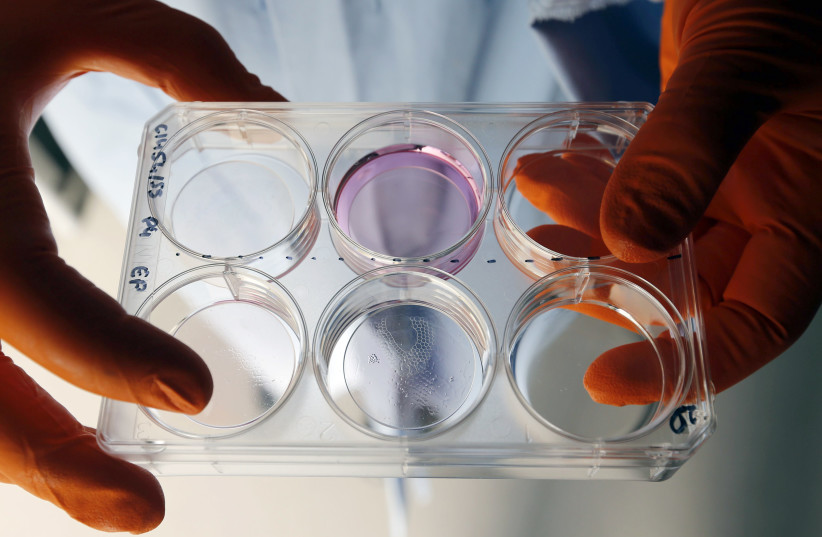Most people who undergo cosmetic surgery think “no pain, no gain” and that the discomfort will end very soon after they recover from the operation. But they are wrong.
Fully one out of eight people in Norway who submitted to the scalpel of a plastic surgeon to look better said they suffer from chronic pain even a long time after the operation.
Researchers, led by Silje Endresen Reme, professor of health and psychology at the University of Oslo, conducted a survey of 1,746 Norwegian adults, asking respondents whether they had undergone a cosmetic surgical procedure, if they had experienced chronic post-operative pain, and whether they had sought treatment for this pain.
The researchers have just published their findings in the Scandinavian Journal of Pain under the title, “Cosmetic surgery and associated chronic postsurgical pain: A cross-sectional study from Norway.” They are the first to examine the prevalence of cosmetic surgery among Norwegian adults since 2008, as well as the first to examine post-operative pain in adults undergoing various cosmetic surgery procedures.
Groundbreaking research
There is a notable lack of research on chronic post-operative pain from cosmetic surgery, with existing studies focusing on breast surgeries only. To address existing gaps in knowledge, they said, they also investigated the self-reported prevalence of cosmetic surgery among adults in Norway.
Cosmetic surgery is becoming increasingly common worldwide but the prevalence of complications after cosmetic procedures, such as chronic post-operative pain, is not well understood.

Fully 10% of respondents said they had undergone cosmetic surgery, highlighting the increasing popularity of such procedures. Among them, one in four was between the ages of 18 and 29, and three out of four were female.
Chronic post-operative pain was approximately five times more common in males than females. Two-thirds of those experiencing pain were aged 18 to 29, while those in other age groups suffered much less. Three out of four people who experienced pain sought treatment, suggesting that the effects were debilitating and bothersome.
While cosmetic surgeries are typically available from private clinics, those who experience post-operative pain are more likely to need care from public health clinics and hospitals. Some may no longer be able to work and could suffer from a decreased quality of life.
“Considering the increasing acceptance and popularity of cosmetic surgery, it is vital for patients to be well-informed about potential complications,” said doctoral student Sophia Engel, who was involved in the study.” She added that the conditions are notoriously hard to treat and a heavy burden on public healthcare and social welfare systems and that large-scale longitudinal studies further investigating the topic are urgently needed.
